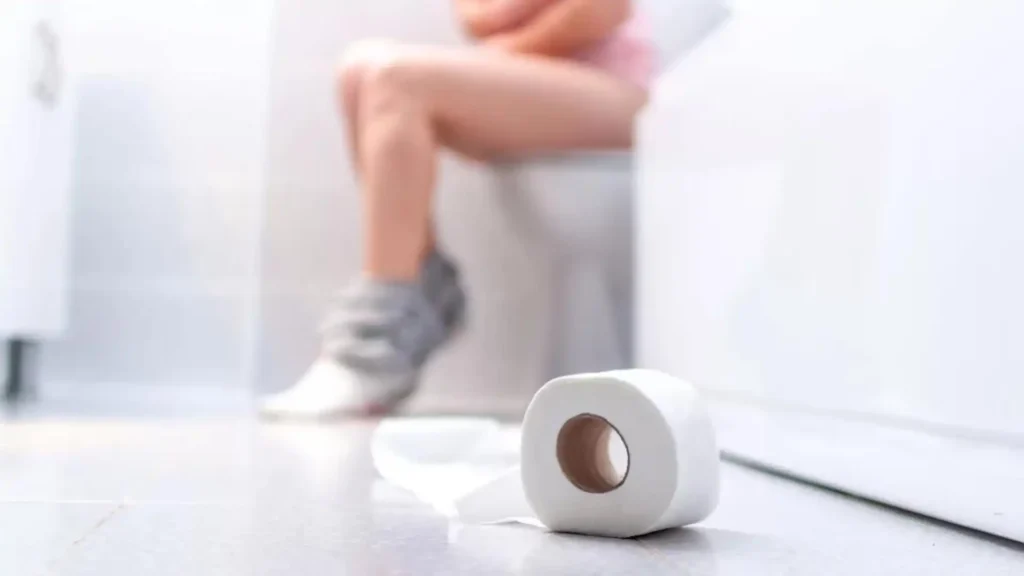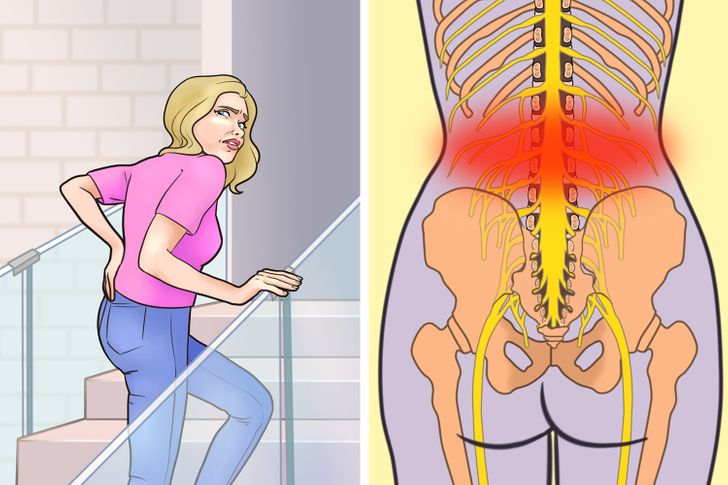If you’re into fitness or looking to improve your athletic performance, you’ve probably heard of creatine supplements. Creatine is one of the most researched and trusted supplements on the market, known for its ability to boost strength, improve endurance, and help build muscle. Thorne Creatine, creatine side effects
But there’s a common concern that comes with using creatine: Does it cause bloating? In this guide, we’ll explore everything you need to know about creatine, bloating, and how Thorne Creatine might be a great option for those concerned about side effects.
What is Creatine?
Creatine is a natural compound found primarily in muscle cells. It plays a crucial role in energy production during high-intensity workouts, making it a popular choice for athletes, bodybuilders,
and fitness enthusiasts. Creatine works by increasing your muscles’ stores of phosphocreatine, which helps produce more ATP (adenosine triphosphate) – your body’s primary energy currency.
When you take creatine as a supplement, it can enhance performance by allowing you to lift heavier, train longer, and recover faster. Creatine monohydrate is the most studied and commonly
used form, and Thorne Creatine is a well-regarded brand known for its high purity and effectiveness.
Does Creatine Cause Bloating?
While creatine is generally safe and well-tolerated, some users report a sensation of bloating when they start taking it. Let’s break down the reasons this might happen:
- Water Retention in Muscles
- Creatine pulls water into muscle cells, increasing intracellular fluid, which can make muscles look fuller and potentially lead to mild bloating.
- This effect is temporary and tends to be more noticeable during the first few days or weeks of supplementation.
- The Loading Phase
- A typical creatine regimen often begins with a “loading phase” where users take a higher dose (20g per day) for about 5-7 days to saturate the muscles.
- This sudden intake can lead to an increase in water retention, causing the feeling of bloating.
- For some, skipping the loading phase and opting for a steady dose of 3-5 grams daily can minimize bloating.
- Gastrointestinal Discomfort
- Although rare, some individuals might experience mild stomach discomfort or digestive upset with creatine use.
- Choosing a high-quality brand like Thorne, which uses pure creatine monohydrate without additives, may reduce the likelihood of bloating.
Tips to Minimize Bloating on Creatine
If bloating is a concern for you, there are ways to reduce this side effect while still enjoying the performance benefits of creatine:
- Skip the Loading Phase: Instead of starting with a high dose, take a daily dose of 3-5 grams. While it might take a few weeks to reach full saturation in the muscles, this approach can reduce water retention and make bloating less likely.
- Stay Hydrated: Staying properly hydrated can help balance the water levels in your body and prevent the feeling of puffiness.
- Be Consistent: Bloating often occurs during the initial phase of creatine use, and for most people, it subsides as the body adjusts to a steady intake.
- Lower Sodium Intake: A high sodium intake can exacerbate water retention, so reducing salt in your diet may help alleviate bloating.

Considering Alternative Forms of Creatine
If you’re sensitive to bloating or digestive discomfort with creatine monohydrate, there are alternative forms of creatine that may be worth exploring:thorne creatine.
- Creatine HCL (Hydrochloride): Creatine HCL is more soluble than creatine monohydrate
- and is absorbed more quickly, which might lead to less water retention.
- Buffered Creatine: This type of creatine has an altered pH level, designed to minimize side effects like bloating and stomach discomfort. While research on its effectiveness compared
- to monohydrate is limited, some users report positive results.
Why Choose Thorne Creatine?thorne creatine.
Thorne’s creatine monohydrate is known for its purity and high-quality manufacturing standards,
making it an excellent choice if you’re concerned about additives or impurities. Here’s what makes Thorne Creatine stand out:
- High Purity: Thorne offers a creatine monohydrate supplement with minimal additives, ensuring that you’re getting a high-quality product that’s less likely to cause digestive upset.
- Optimal Absorption: Thorne’s formulation is designed for effective absorption, which can help reduce potential bloating since the body can efficiently use it.
- Trusted Brand: Thorne is a reputable brand, and their creatine is popular among professional athletes and fitness enthusiasts for its safety and effectiveness.
When to Seek Alternatives
If you find that you consistently experience bloating or stomach discomfort despite trying a slow-dose strategy, it might be time to consider alternative forms of creatine or different supplement strategies. Speaking with a healthcare provider can provide guidance, especially if you have specific gastrointestinal sensitivities.
Key Takeaway
Creatine monohydrate, including Thorne Creatine, is an effective and generally safe supplement for enhancing athletic performance. While it may cause temporary bloating due to water retention in muscle cells, following a few simple strategies like reducing your initial dose, staying hydrated, and monitoring your sodium intake can help minimize this effect. Thorne Creatine, known for its purity and high absorption, may offer a quality option with fewer side effects.
Discover more trends:
- Keep an Eye Out for Early Signs of Rheumatoid Arthritis: A Guide
- Understanding the Causes of Gas in the Digestive Tract
- Postnatal Hair Loss: All You Need to Understand Regarding Hair Shedding After Pregnancy
- 12 Ways to Stop Your Stomach From Growling Loudly
- Looking to Slim Your Face Without Dieting? Follow These Foolproof Tips!
- 7 SureFire Signs and Symptoms of Colon Cancer
- Follow us on Facebook





